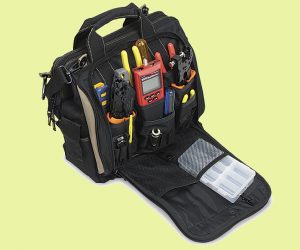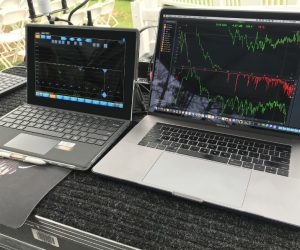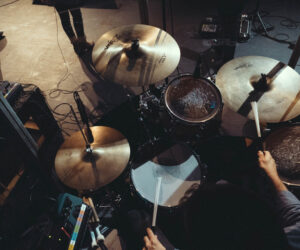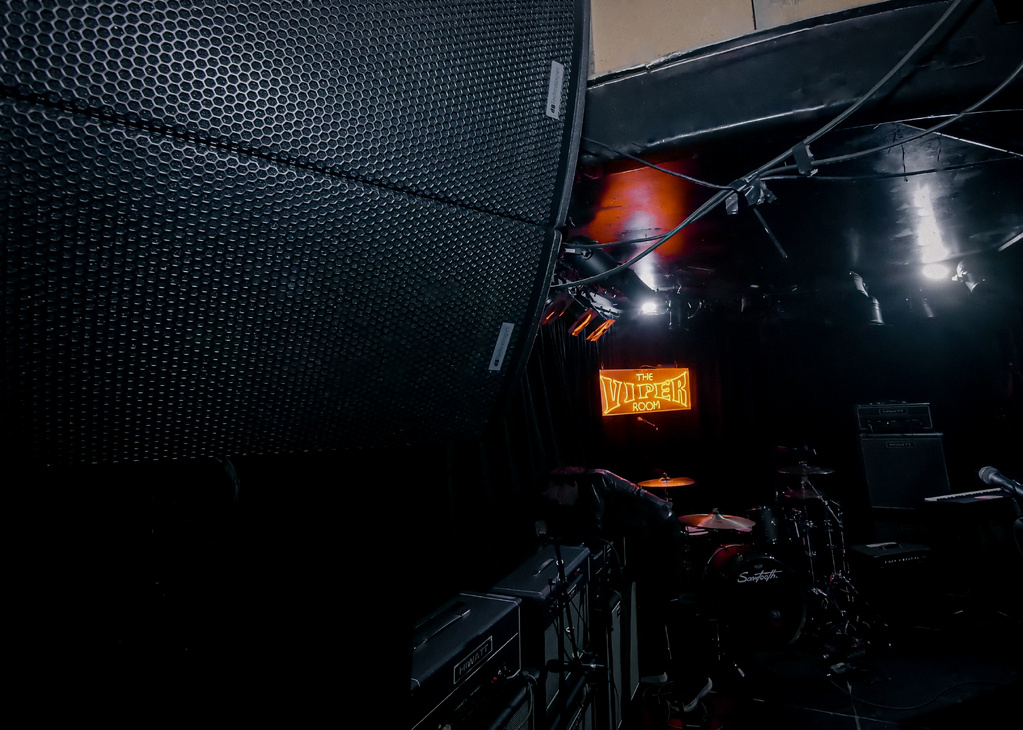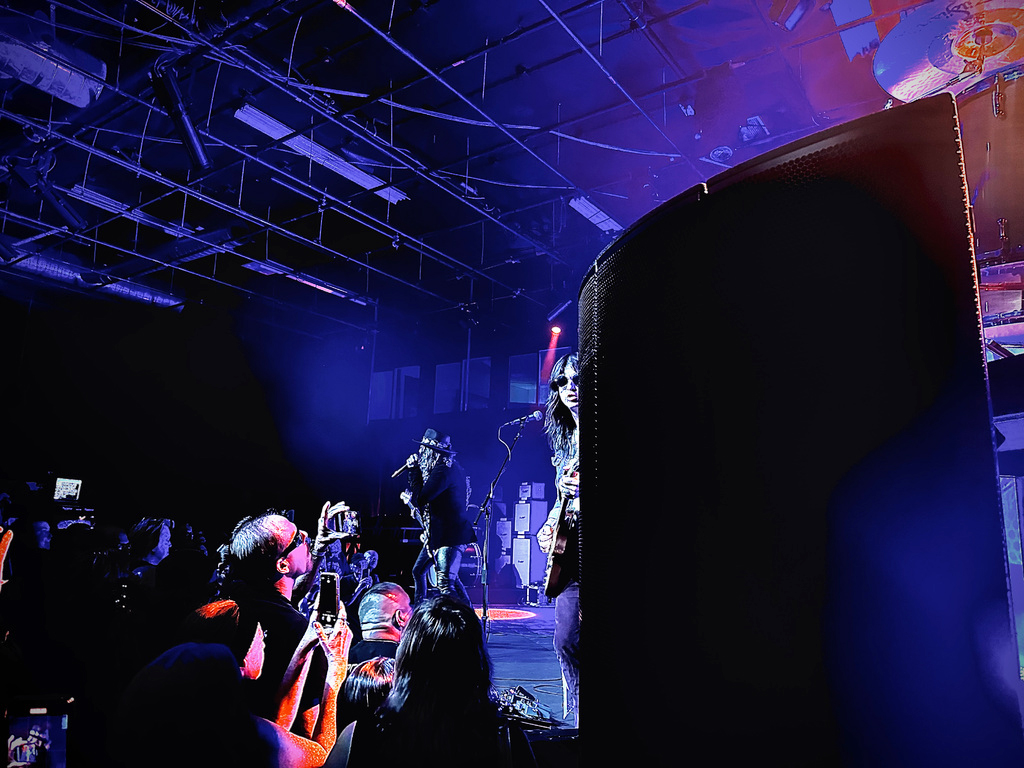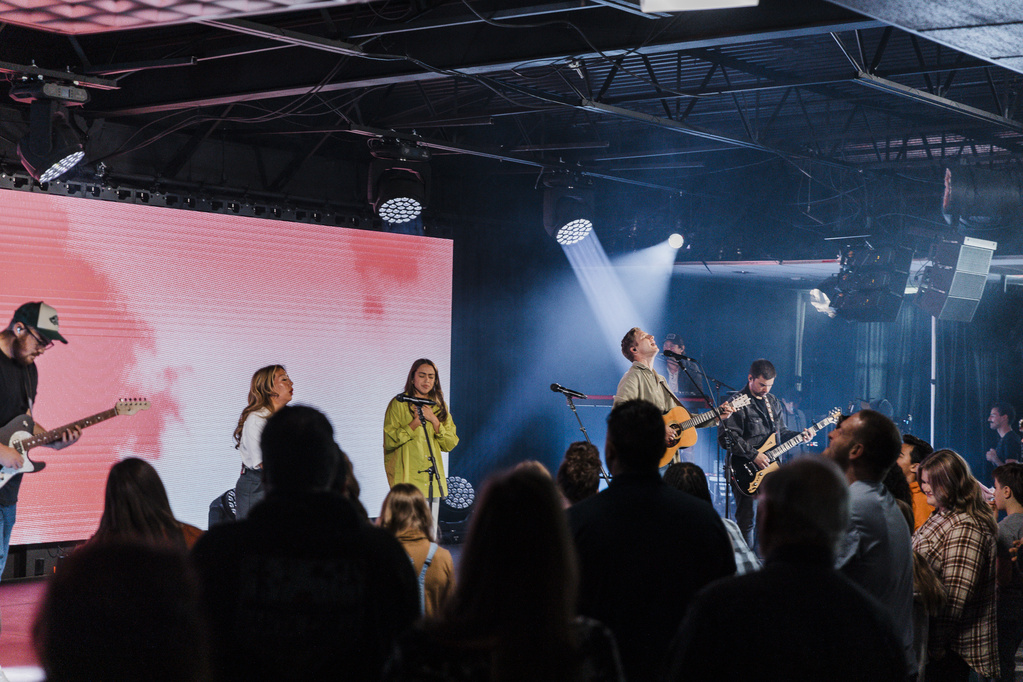How do I better myself and my craft? A simple question was asked of me by a volunteer tech at a small church. Before I could answer, he went on to tell me that life as a tech is tough, he was on an island, and unless a lot of money was spent, it was impossible to get the needed education.
While I completely understand that feeling, we have more education at our fingertips today than ever, but as techs, we want to figure it out on our own. While that’s a very positive trait, it can also make it hard to open our minds to simple education possibilities that aren’t only right in front of us, but in some cases, allow us to be paid to educate ourselves.
When I mentioned the paid part to this volunteer, I immediately had his attention, and he asked “tell me more.” Let’s break this down into four categories.
One: Hands On. This is the best form of training, and if you’re creative, it can produce some income.
Local concerts, especially the small ones, always seek help with load-in and load-out. Volunteer to help on those teams! Being on the load-in/load-out team allows you to see how the process happens and puts you around people who have generally been doing tech for longer.
Another useful idea is to call a local touring company (or companies) and ask them if they need any help during the summer. While this may end up being case pushing or case loading, it ends up being a job that pays money, and 99 percent of the time, you can learn valuable audio, video, and lighting lessons, especially if you pay attention and ask the right questions.
My final hands-on suggestion is to contact an integrator or a manufacturer and set up training. While it may cost some money, it will benefit your team. It’s also good to note that if you don’t go the self-install system sales route, you can use an integrator to install the gear and ask for training to come with the installation.
This means when your church buys something, such as a new audio console, don’t just box sale the item and install it yourself, let the integrator or dealer quote you a purchase, installation, and training price. You can get the education you need and future support for a few more dollars.
Plus, when they come to train you, invite the town to attend the training. You can charge for that or ask for a donation, and from what I’ve found, you will generally raise enough money to pay for the training and, in some cases, make money.
Two: Online. There are so many resources online. YouTube is an online outlet that can provide training, but it can also be the “wild west” of learning. I see many videos that need to be corrected in their approach or need more context to help you accurately progress.
If you learn via YouTube, use videos from trusted sources with proven reputations, folks that have likely been touring or in their profession for more than a few years. I like to stay wholly secular and consume materials that teach me principles – church-learning videos are largely just copying what other churches are doing and are not presenting real-world tips that will help you progress. Note that there are exceptions: ProSoundWeb, MxU and a few other outlets have experienced secular and church professionals who provide very valuable content and training.
The last online outlet that I recommend is podcasts. FILO, Church Sound Podcast, MxU and others provide some real helpful insights and interviews.
Three: In Class. While classes with teachers may cost money, they can be very beneficial. Conferences like NAB, InfoComm, FILO, CFX, or others also have classes, allowing you to secure hands-on training, get answers from manufacturers and reps, and attend classes that can help further your knowledge base.
It’s also feasible to take your class education further by securing consulting for your church. Organizations like Digital Great Commission Ministries provide in-person training and development for your teams. They can deliver coaching, training, and development, and again, right at your church. Many of these consulting outlets offer affordable options that flex to the size of the church.
Four: Failure. It’s last but certainly not least. You may be asking yourself what failure training is. Simply, it’s the most essential training tool and it doesn’t take much to have it. Whether your craft is audio, video or lighting, there are tech tools such as Reaper (audio), Softron (video) and others that can simulate a service and practice. The idea is to provide you and the team with the ability to fail in a non-service environment.
Build out times in your schedule and/or your team’s schedule that allows everyone to do virtual audio, video, and lighting checks. For audio, you want to allow time to virtual sound check, review the mixes, allow for mistakes, and provide feedback on those mistakes.
This is also an excellent opportunity to try new things to see how they work. It’s outside of the church service and in a safe feedback environment. Practice your craft virtually, fail, learn, and improve.
Having a good mix of all four of these training types can help everyone become better techs because life is all about practice, mistakes, learning from those mistakes, and then executing. This means that education is an integral part of our technical journey.
Even professional sports players who make millions in their respective sports have coaches. These coaches implement hands-on, online, in-class, and failure training to help these athletes become the best they can at their sport.
We, as techs, should do the same thing.





